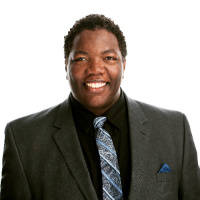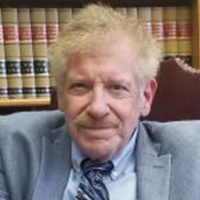Dimondale RICO Act Lawyer, Michigan
Sponsored Law Firm
-
 x
x

Click For More Info:
-
The Williams Law Firm
411 W Lake Lansing Rd Ste C-110 East Lansing, MI 48823» view mapCriminal Defense Law A Defense Lawyer With Proven Results
Knowing the law certainly is a necessary prerequisite but an attorney’s ability to effectively communicate is perhaps his or her paramount importance.
800-945-0701
Not enough matches for Dimondale RICO Act lawyer.
Below are all Dimondale Criminal lawyers.
Bobby Alonza Ficklin
✓ VERIFIEDCriminal, Social Security, Divorce
Bobby Ficklin is a practicing lawyer in the state of Michigan.
Richard L. Williams
✓ VERIFIEDCriminal, Traffic
Attorney Richard L. Williams provides legal services for driver’s license restoration, expungement of criminal records, domestic assault, civil infr... (more)
Joshua Mark Pease
Guardianships & Conservatorships, Criminal, Children's Rights
Status: In Good Standing Licensed: 13 Years
Michael J. Cronkright
Immigration, Divorce & Family Law, Juvenile Law, Criminal, Children's Rights
Status: In Good Standing
Kareem LaMount Johnson
Felony, DUI-DWI, Criminal, Insurance
Status: In Good Standing Licensed: 16 Years
FREE CONSULTATION
CONTACTPatrick W. O'Keefe
Deportation, Criminal, Administrative Law, Personal Injury
Status: In Good Standing Licensed: 21 Years
John M. English
White Collar Crime, DUI-DWI, Criminal, Personal Injury
Status: In Good Standing Licensed: 25 Years
John W. Ujlaky
Other, Federal Appellate Practice, Criminal, Personal Injury
Status: In Good Standing Licensed: 47 Years
Sherrie P. Guess
Other, Federal Appellate Practice, Criminal, Collection
Status: In Good Standing Licensed: 42 Years
 Richard L. Williams East Lansing, MI
Richard L. Williams East Lansing, MI Practice AreasExpertise
Practice AreasExpertise


